Master of Science, Integrated Sustainable Design
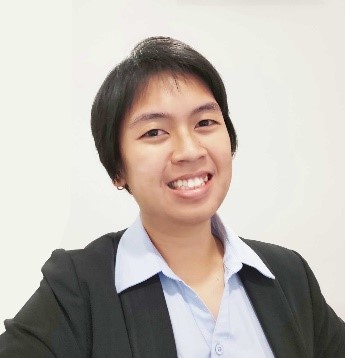
Primavera Desta
Background Architect, Entrepreneur
Graduated June 2021
“The programme trains the students to integrate knowledge from several disciplines, as well as to approach it both at the building and urban scale. Through the programme, I was able to see the fundamental problems of the world and then find the best solutions that can engage both humanistic and environmental aspects. It also broadened my understanding about creating a liveable and equitable environment for all biodiversity.
My previous understanding about sustainability in architectural design was simply to build a good living environment for humans only. However, the programme has really changed my perspective of sustainability and broadened my knowledge by elaborating on the very fundamental problems to finding the best solutions for creating a liveable environment for all living species. The best part was that I could learn directly from the best experts in Singapore.”

Jui Nur E Zannat
Background Architect
Graduated June 2021
“The programme was a lifetime experience, I have learnt a lot from the teachers, my peers and by staying in Singapore. Now, I’m practicing as a systems thinker, and my works are becoming more sustainable than before.”
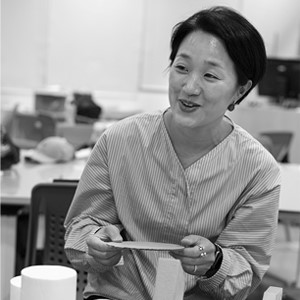
Hye Young Park
Background Education Leader (Landscape and Architecture), 3D Design Programme for School of Art & Design, NAFA
Graduated June 2021
“I was drawn to the programme as it looks into the interface between the natural and built environment, fostering synergy between human-natural systems to find new sustainable solutions.
I have gained the perspective to analyse and tackle urban problems and climate change risks with multi-layered thinking by delving into different scales. The studio practice enabled me to recognise the potential of each urban system beyond its ecological and technological aspect and programmatic functions, to promote liveability and productivity.
I have enjoyed the discussions in each session with professionals from different disciplines. It was an opportunity to negotiate and adjust our viewpoints to develop sustainable design principles and generate complexity in holistic systems integration.
I believe the course has advanced my understanding of systems thinking and my approach to site analysis. Research into each system enabled me to identify the potential of multifaceted systems integration and ecological processes. The course has inspired me to think of an alternative model of professional practice and future education to create a new sustainable built environment.”
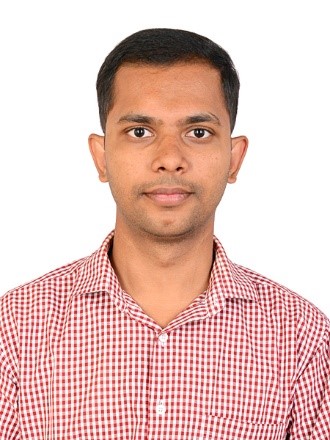
Syed Mehdi Raza
Background Civil Engineer and Project Manager for a contracting firm in Pakistan
Graduated December 2020
“The programme offers a collaborative working cohort and front-loaded theory classes, making it very different from other programmes that I applied to globally. It was a concerted and diversified team of professionals of all tiers.
The most important learning point was understanding sustainability in its true context, at the interdependencies, and circularity within the built environment. The programme made me rethink what sustainability in design entails and how systems thinking is translated into each scale during design. Hence, my understanding of the subject matter changed altogether from sticking to LEED protocols to now investigating each decision and its impact on the real world. It broadened my knowledge and skills to be able to converse better with other project stakeholders on a deeper level, reaching a sustainable solution for our clients and projects.”

Celine Rachel Tan Mae Tsze
Background Bachelors of Architecture Graduate
Graduated December 2020
“I appreciate how we were required to exercise the systems-thinking approach constantly until it became first-nature in how we rationalized an architectural or urban scale project. I must agree that systems-thinking is a very powerful approach to understanding our built environment in its entirety and subsequently, the sustainability of it. This big-picture perspective is what differentiates the ISD programme from a LEED certification, which gives attention to finer technical details of sustainability.
Since then, I was given the opportunity to explore a more interdisciplinary role that is still within the built environment industry. Dr. Anuj Jain, an ecologist who taught us in the course brought me on board his consultancy, allowing me to use the systems thinking approach to create ecological connectivity of both flora and fauna on site, which in turn builds the value of the project through the performance of ecosystem services.”
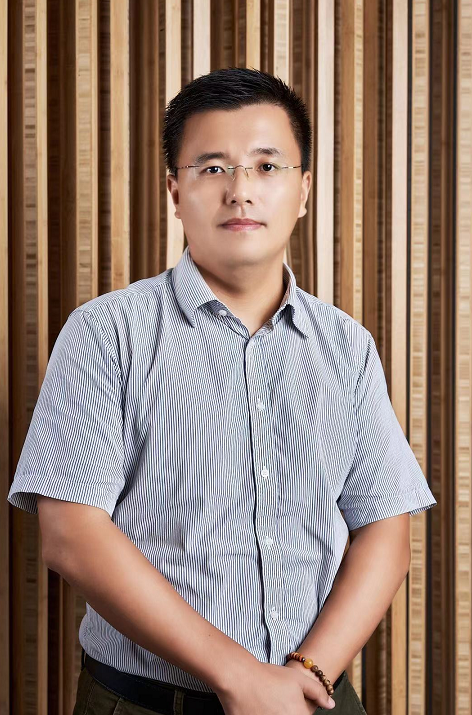
Georges Huang
Background Architecture Design and Urban Planning Consultant
Graduated June 2020
“The programme requires us to have a rich experience in the field of architecture, landscape, and urban design. On the one hand, the final project has to be shown through the design form, but on the other hand, we are required to invest in a lot of research; sometimes we must behave as a scholar and sometimes as an architectural designer.
My understanding of sustainability has deepened, one that relates to larger aspects of concern to the wider society. It may refer to other aspects such as mobility, biodiversity, liveability, modularity, and so on as well. This learning has widened my vision and expanded my knowledge of architecture, encouraging me to take up real sustainable projects.”

Jhanvi Sanghvi
Background Bachelors of Architecture Graduate
Graduated June 2019
“The programme is one of the very few courses in the world that includes hands-on design along with sustainability, whereas most other courses were purely theoretical. The important points I’ve learnt were the application of systems thinking, exposure to circular economy, time management and working in teams with people from varied backgrounds.
Exposure to circular economy and its application has been particularly helpful with my current job at WOHA. We apply the principles in most of our projects.”
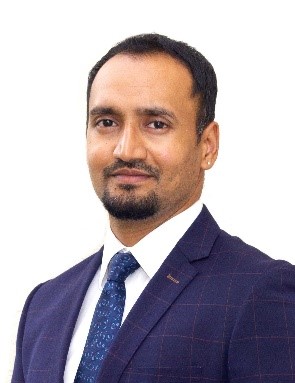
Ramkumar Thambiraj
Background Architecture
Graduated December 2015
“The programme helped me to refine my design thinking process by incorporating sustainability through systems thinking and creating positive impacts at multiple scales i.e., from building to urban to regional scale. The course also focused on ways to improve ecosystem services and improve the quality of life in the urban context.
The cross collaboration of fellow students from different nationalities and professional backgrounds was challenging in the beginning, but this gave us the real time practical experience of working with professionals from various fields and come together to achieve holistic sustainability.
The programme helped me to understand that sustainability in the built environment is not just about optimizing the building performance in terms of energy and water, but to move beyond and be regenerative at a larger scale by looking beyond the site’s boundary and create a positive impact.
It has helped me to work in sustainability research on total building performance and urban planning and as an environmental sustainability design consultant. In my current architectural practice,, it helps me to infuse the idea of sustainability right from the design thinking process and thus, provide better design solutions”
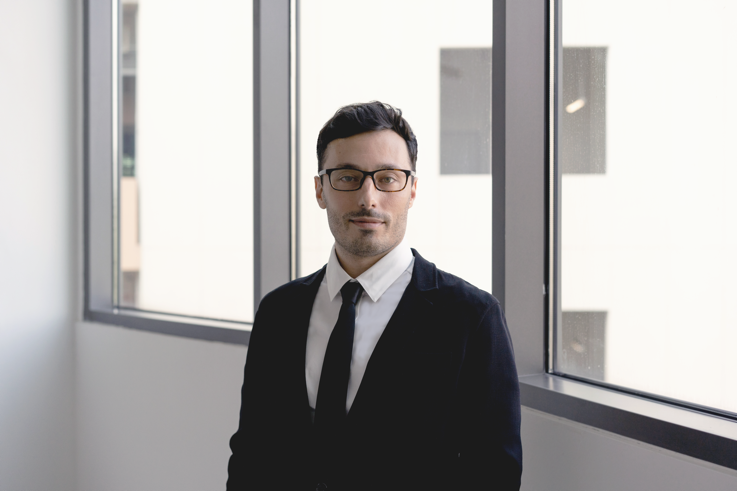
Giovanni Cossu
Background Engineering Consultant
Graduated June 2014
“The programme was structured to adapt and integrate knowledge from various backgrounds and disciplines of each year’s student cohort – such as architecture, urban planning, engineering, landscape or the sciences. The programme provides a wealth of knowledge regarding sustainability, and navigating the multi-disciplinary perspectives amongst peers was intense, but equally rewarding and positive.
MSc ISD has trained me to think beyond the conventional paradigms of sustainability and deliver superior solutions that have far-reaching impacts on the built environment – beginning at the building scale with incremental impacts on the precinct, urban and national scales.
Now as a professional in sustainable development and ESG investing, I champion green building principles, engaging in both technical and financial aspects of sustainability.”
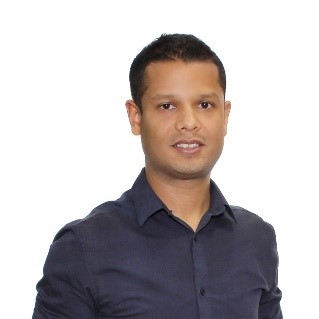
Alakesh Dutta
Background Architect in a US-Based studio in India (CannonDesign)
Graduated June 2014
“When I started working, almost 10 years back, the prevalent culture towards approaching sustainability was largely superficial. Often, we followed the checklists of the green rating tools rather than informing the design process from the onset. I wanted to learn more and equip myself to design better. The ISD programme was one of the few courses offering what I sought for. Better still, it was premised on the Asian context.
For me, the most valuable learning point was the importance the studio placed on a strong design process and not necessarily the final ‘design/aesthetic/form’. The design process was continuously informed by research, discussions, debates etc – each providing an important insight.
The programme, particularly the studios, postulates design problems in a way that are unconventional to a traditional architect, planner or engineer. It recalibrates our minds to think in realms that are different from the backgrounds with which we came into the course.
It also opened us to the immense breadth of this subject and the many aspects that contribute significantly to sustainability as well as the ways in which architecture or urban design projects could contribute. It made me realize that sustainable design is not just about buildings, but about the various systems that are present in our physical realm and that we interface with every day. I realized that as architects/designers, we can use our projects to integrate these systems in symbiotic ways which can then contribute to improving our ecosystem and our wellbeing.
ISD equipped me with the tools and thinking methodology, and allowed me to introduce a range of design ideas and thoughts into the projects I came across at the organization I joined. It was also extremely helpful, that my team and management trusted these processes and championed the same. Thus, I have had opportunities to work on a net-zero energy building and a vertical fish farm project amongst others.”
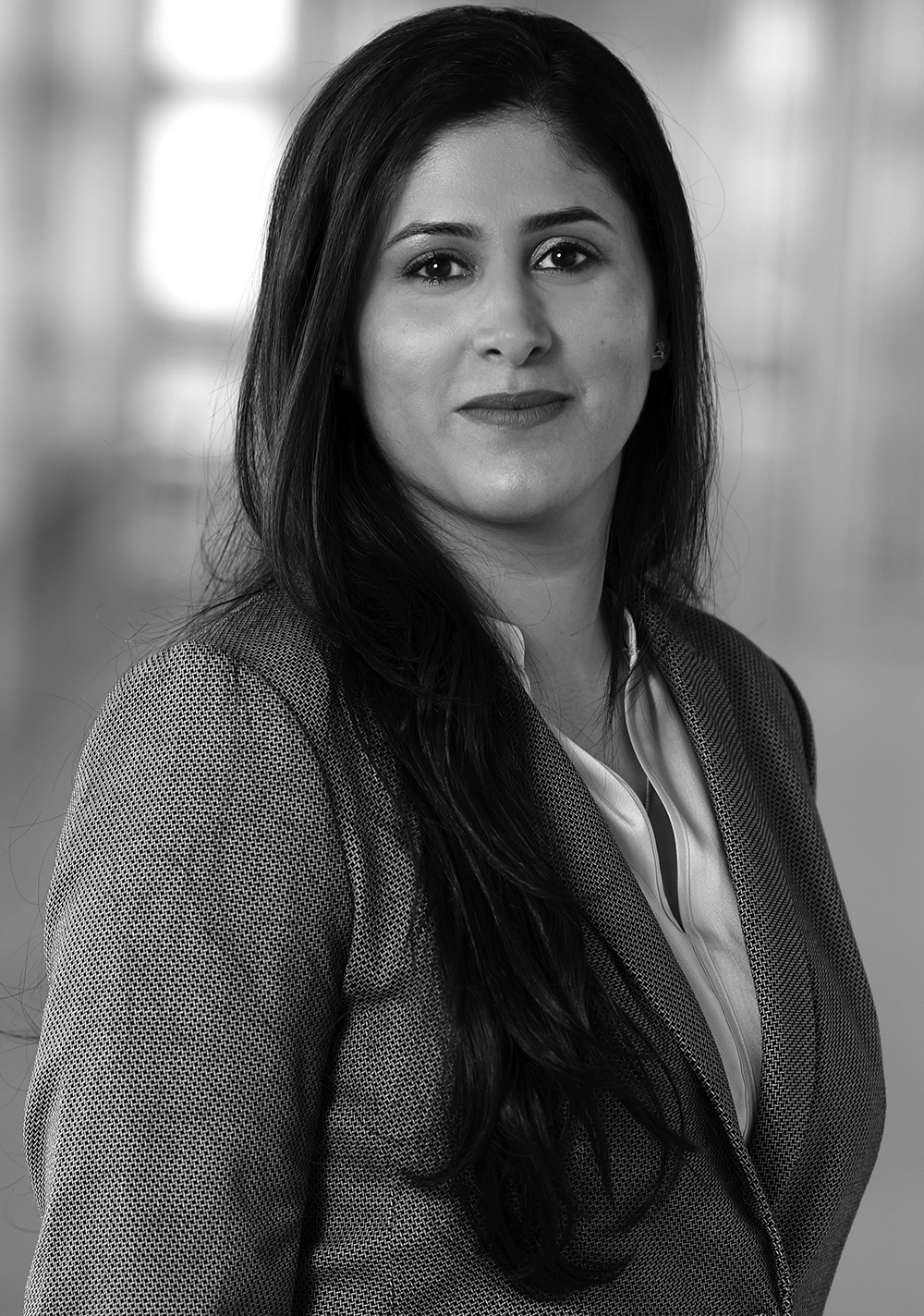
Deepshi Kaushal
Background Bachelors of Architecture Graduate, India with 4 years of practice in India
Graduated December 2012
“ISD as a programme offered interdisciplinary learning within the cohort and also provided a unique learning opportunity of understanding sustainability and its scales of influence. Singapore also provides a unique learning experience to the students given its vision towards sustainable development.
The most important and practical lesson I have learnt from the programme is that of interdisciplinary collaboration, and that sustainability is not a problem [to be] solved or negotiated at one scale; it’s a matter of trade-offs and scales of intervention are of utmost importance in understanding and quantifying the trade-offs.
The programme was foundational in my understanding of sustainability and how to approach the subject with informed decision making. Since graduating, I have been able to use the learnings from the programme in transforming design thinking processes and providing a methodological understanding of sustainability evaluation. ISD has had a lasting impact by providing a visionary approach to drive change in the built environment industry.
It strengthened my core skills in architectural design and opened avenues for sustainability consultancy. The process of design was made iterative to incorporate passive design principles, essentially challenging the conventional notion of relying on systemic efficiency as a measure of sustainability. This became the point of difference that my studio offered in relation to other practices.”